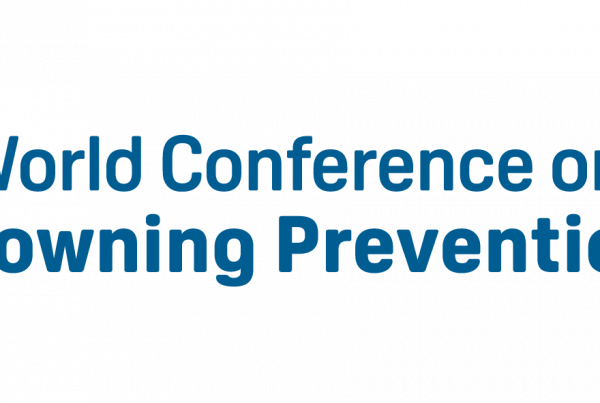All the major UK bodies involved in baby swimming have come together to speak out and warn parents about the dangers of ‘survival’ methods being taught to young infants. This united call to action comes after videos, which show distressed young learners being taught these ‘drown-proofing’ methods, going viral across social media and gaining increasing media attention in the UK.
Baby swimming is a wonderful sensory activity; as such it has rapidly become a cultural must of early parenting because of all the known benefits it provides, including the progressive teaching of age-appropriate lifesaving skills. But in recent times, videos have been circulating the internet about so-called drown-proofing methods for babies. These sink or swim methods actively promote the de-risking of drowning accidents for toddlers through classes in which learners are taught, and forced, to roll-on-the-back-to-float.
While some may see this highly stressful, forceful method of teaching as being ‘a means to an end’, the wider baby swimming profession argue that there is an urgent need to examine if these drown-proofing techniques, which are being promoted to parents as insurance for their child’s water safety, are actually safe, acceptable and effective. The industry consensus is that this evidence must be based on current scientific research—and not the views of parenting experts who are not recognised scientists.
Furthermore, it must be recognised that confidence imparted to a child by either baby swimming classes or water survival techniques should not substitute parental supervision.
The full commentary on the report’s findings and download of the report itself is available on STA UK’s website.



